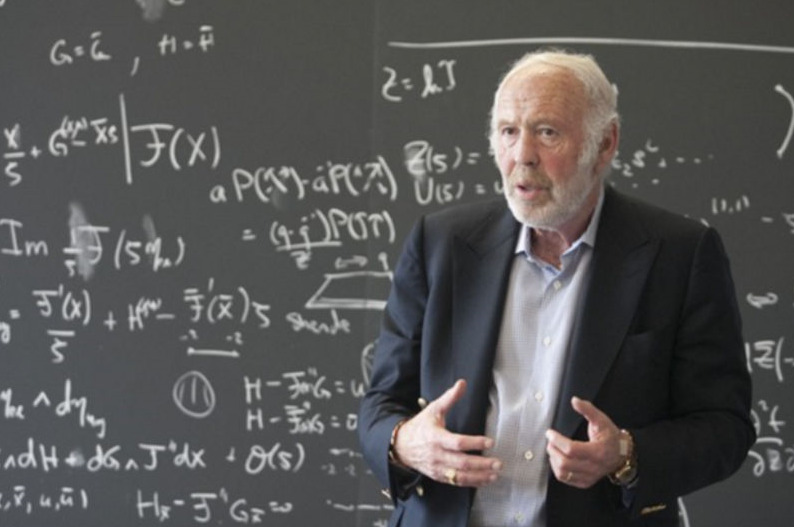Three destructive habits that will kill your trading day, week, month, or career.
Not having a plan. Get a plan, who cares if it is bad, start with something. You can build off of it and refine it. You have to be willing to spend the time to make the plan yours. You do not start anything without some level of planning. Trading is hard; your brain spends a lot of time in fast forward, affecting your memory. You can slow it down by having a plan and increase your brains ability to remember. A plan makes it possible to improve. Most importantly, a plan gives you a chance at removing emotion.
Forgetting why you are trading. The purpose of trading is to make money. Every action should bend to that goal. That does not mean every trade makes money. It means every trade gets to closer. If you are looking for comfort, get a teddy bear. If you are looking to be right, play trivial pursuit. If you want excitement, drive fast.
Letting it go. It is really important to separate what happened from how you felt. The more distance between the two the less time it takes to learn from that situation. Admitting you made a mistake or are wrong are necessary for letting it go. Unlike life, you get no credit for admitting you are wrong, it is just a part of trading. Neither matter unless you take action.

